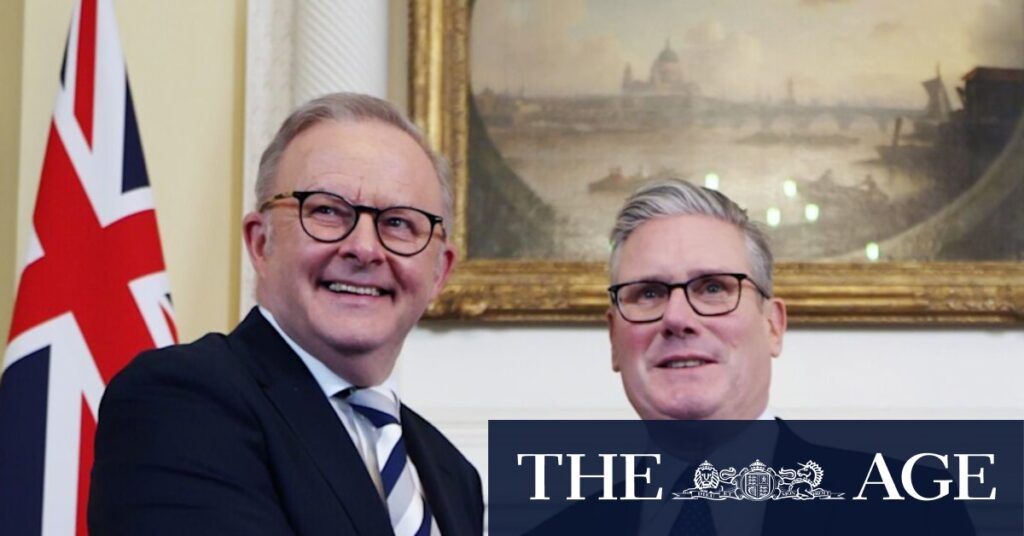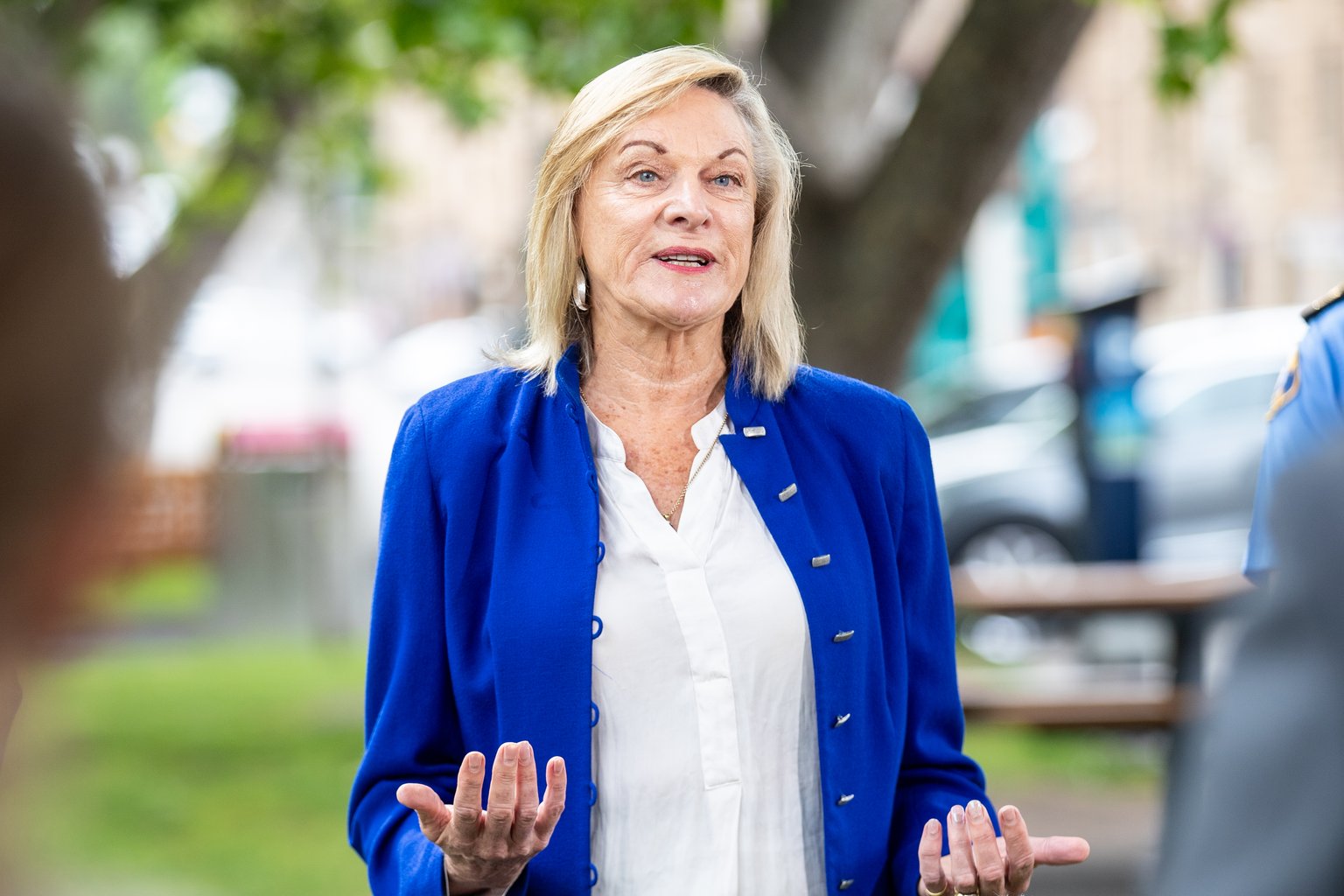
In a significant gathering in London, Australian Prime Minister Anthony Albanese joined forces with fellow leaders to address the growing influence of the populist right. The event featured a robust discussion led by Canadian Prime Minister Mark Carney, who delivered a pointed message: “Nostalgia is not a strategy.” This dialogue, which took place at a summit for progressive leaders, sought to redefine the left’s approach in an era marked by conservative ascendancy.
Carney, without explicitly naming former U.S. President Donald Trump, underscored the urgency of the moment by stating, “What we’re living through is not a transition. It’s a rupture.” Albanese, alongside Carney, British Labour leader Sir Keir Starmer, and Icelandic Prime Minister Kristrun Frostadottir, addressed an audience of left-leaning politicians and advisers at Central Hall, near the iconic Houses of Parliament.
Reassessing Progressive Strategies
The summit, occurring during Albanese’s first full day in London following his visit to the United Nations in New York, was more than a political assembly; it was a strategic exchange aimed at fortifying progressive movements against the populist tide. Albanese, once a member of the hard left, expressed a clear stance against the hard right, dismissing any notion of meeting with Nigel Farage, the Reform UK leader and Trump ally.
Starmer, facing pressure from Farage’s rising influence, delivered a stark warning about the threat of modern populism. He began his speech with a light-hearted inquiry about the audience’s enjoyment of London, contrasting it with the grim portrayal often depicted by conservative media.
“You may have noticed that this city isn’t the wasteland of anarchy that some would have you believe,”
Starmer remarked, drawing laughter from the crowd. He highlighted the disconnect between reality and the narrative pushed by populist rhetoric, which he described as an “industrialised infrastructure of grievance.”
Confronting the Populist Narrative
Starmer emphasized the danger of dismissing populist narratives, which, despite their exaggerations, prey on genuine societal issues. He cited a recent march in London organized by far-right activist Tommy Robinson, featuring a video address by billionaire Elon Musk, to illustrate the potency of such rhetoric.
“Whether you choose violence or not, violence is coming to you. You either fight back or you die,”
Musk reportedly told the marchers, a statement Starmer warned against for its inflammatory nature. He stressed the need for progressive politics to reclaim the narrative from divisive forces.
Starmer also touched on economic grievances, pointing out that the median weekly pay for full-time employees in the UK was £728 in April 2024, a figure that, after inflation adjustments, was 2% lower than in 2010. This economic stagnation, he argued, was a result of the status quo failing working people.
Charting a New Course
Amidst calls for change, the leaders at the summit advocated for a renewed focus on practical benefits over identity politics. Frostadottir emphasized the importance of delivering tangible improvements, such as housing, while Albanese spoke about the inevitability of change and the need to guide it effectively.
Starmer was candid about past missteps, acknowledging that the left had overly relied on redistribution without sufficient focus on growth and control over migration. He proposed a digital ID for workers to address illegal immigration, signaling a shift towards more pragmatic policies.
Albanese echoed the sentiment of balancing strong borders with humanitarian considerations, though he avoided delving into specifics like Australia’s controversial policies on asylum seekers.
Reclaiming Nationalism and Patriotism
The leaders collectively sought to redefine nationalism and patriotism, traditionally co-opted by the right, as progressive values. Albanese reiterated his concept of “progressive patriotism,” while Carney and Frostadottir shared similar visions for their countries.
This summit represented a concerted effort by progressive leaders to chart a new direction, acknowledging past shortcomings while striving to counter the appeal of the populist right. The challenge remains whether these strategies will resonate with voters and effectively counter the populist narrative.





